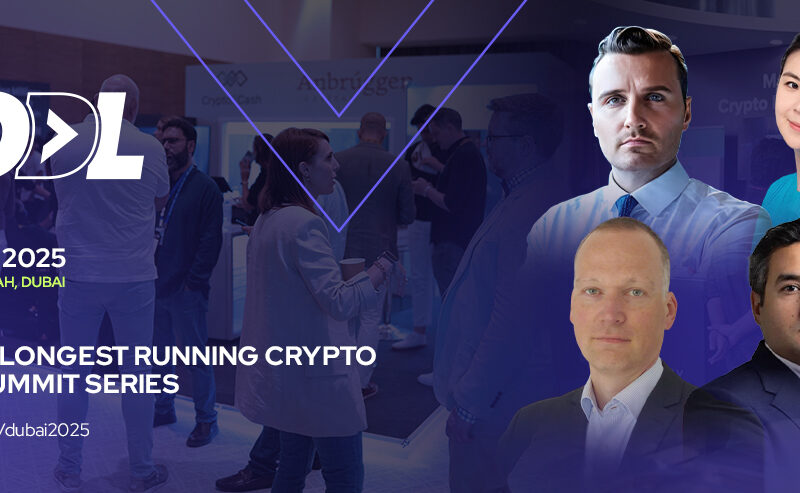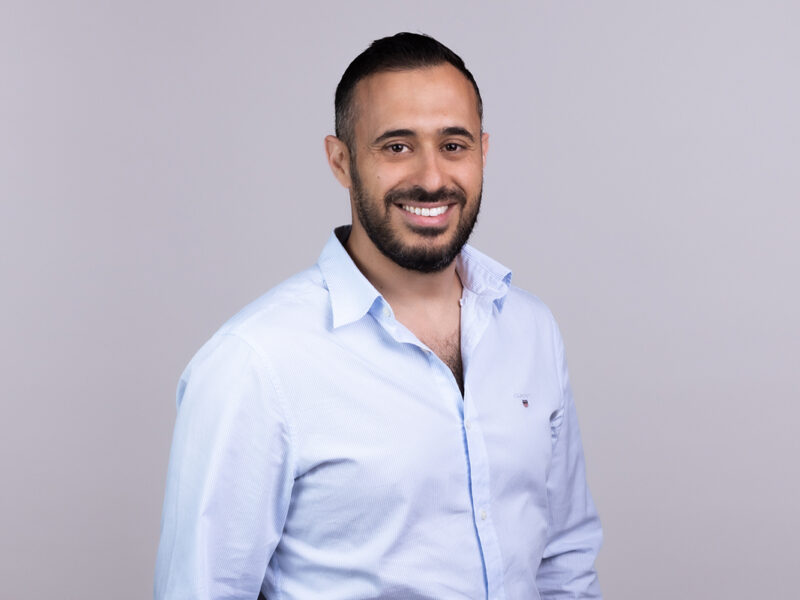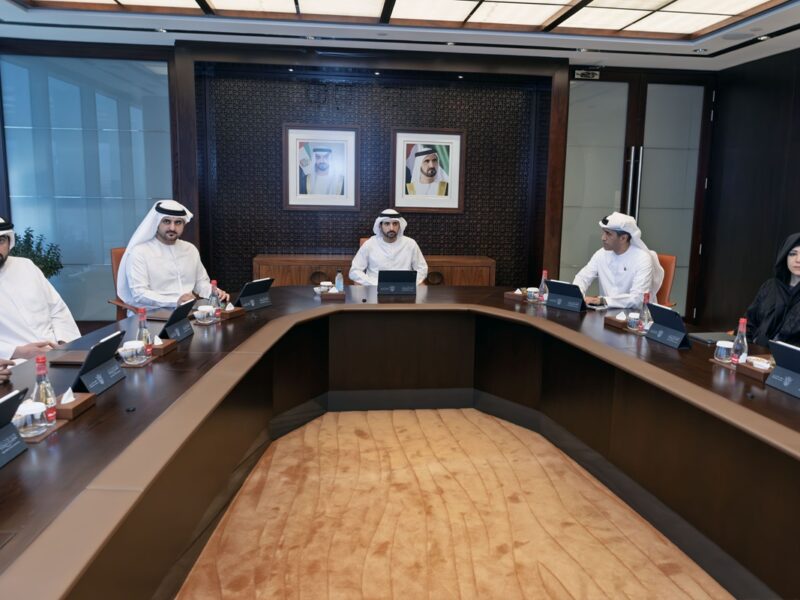The GCC region requires about $8 billion capital infusion to develop Web3 climate infrastructure such as climate asset certification, waste management marketplaces, and decentralised funds to attract innovators needed to develop the digital asset space on a war footing to tackle the fast rising instances of climate change induced disasters, an industry expert said.
Dubai, currently at the forefront globally in formulating climate action related policies, should look at introducing a Web3 climate sandbox that allows projects to operate while applying for a licence, the expert, closely involved in developing the sector to fight climate change, suggested.
“Web3 is an important part of the solution [to fight climate change]. It provides the infrastructure to democratise access to climate assets such as renewable energy credits, carbon credits and green bonds,” Prakash Somosundram, Co-founder and CEO of Enjinstarter, a venture which leverages Web3 to help governments and companies fight climate change, told Arabian Business.
“It [Web3] also facilitates crowdfunding from a global pool of investors to ensure that such funding is spent responsibly, to promote global collaboration, and to measure impact in a transparent and decentralised manner,” said the top executive of the Singapore-headquartered Enjinstarter, which also operates in the UAE.
Web3 climate ventures facing financing issues
Somosundram said financing is a major issue currently facing ventures involved in developing solutions to fight climate change-related impacts effectively and tangibly.
“There is a need for a more transparent and impactful climate finance model. The current model – of rich nations contributing funds to those nations most at risk from climate change – is fraught with dishonesty.”
He said an Oxfam study has found that only one-third of promised public finance was actually delivered, while 70 percent of this was in the form of loans.
“There is also an urgent need for private capital, including from retail investors, which can go directly to projects doing regeneration and mitigation. The more capital available, the more incentives there are for new projects,” Somosundram said.

He said rich nations also undoubtedly need to become more transparent and fair in their contributions, with a focus on grants over loans.
“They should also stop using climate finance to greenwash their lack of demonstrable climate action,” he said.
Capital requirements in UAE, GCC
As for capital requirement for the technology’s development, Somosundram said: “For the UAE, we estimate the need to be between $1-2 billion. The larger GCC/ME region needs up to $8 billion.”
He said this initial capital injection will help develop decentralised applications’ infrastructure in the region in a big way and also act as a fund to attract innovators to further develop this sector.
“Over the next 5 years, we would like to see the amount of funding double or triple to build out the next layer of products and services.”
Somosundram said lack of funding is a major reason why there are not many Web3 ventures in the climate space in the region.
“While the number of Web3 climate projects is increasing globally, we’ve yet to see the same growth in the UAE/GCC. Part of this is a question of funding,” he said.

He pointed out that though the UAE has launched a $2 billion Web3 fund in 2022, it will take time for the supported projects to start making an impact.
Other countries in the region need to start making similar commitments in order to attract the talent necessary to build Web3 climate startups, Somosundram said.
He also said one area with untapped potential in the region is traditional companies launching Web3 projects as part of their climate action strategies.
“This could be anything from recycling incentive schemes to the implementation of a circular economy for packaging.”
He, however, added that more work needs to be done by decentralised web service providers to present opportunities to these companies.
Somosundram said this is among the areas which Enjinstarter is currently focusing on.

“Our aim is to grow the Web3 space by supporting new Web3 AI and gaming projects and helping Web2 companies implement Web3 solutions.
“We are, however, passionate about the impact and sustainability of this sector – to leverage Web3 to help governments and companies fight climate change,” he said.
Somosundram said Enjinstarter can be accessed by a wide variety of stakeholders.
“Projects can apply to the launchpad, investors can invest in launchpad projects, companies can get access to Web3 expertise, and governments can get support with climate initiatives,” he said.









